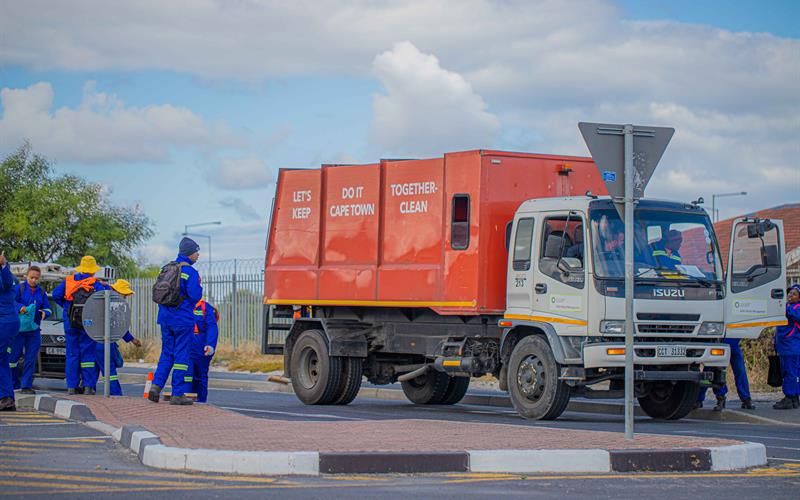The African penguin is in danger of becoming functionally extinct by 2035 if immediate action is not taken. Over the past century, its population has dramatically decreased from over a million breeding pairs to just 10,000 pairs. The decline of this iconic bird is caused by several factors, including competition for food, pollution, ship traffic, and degradation of nesting habitats.
The Fishing Limitations Initiative
Recognizing the urgent need to address the situation, Ms. Barbara Creecy, Minister of Forestry Fisheries, and Environment, has announced the implementation of fishing limitations around penguin colonies for a minimum of 10 years. This initiative aims to protect key colonies, including Dassen Island, Robben Island, Stony Point, Dyer Island, St. Croix Island, and Bird Island. The fishing industry and the conservation sector will study the Report of the Export Review Panel while continuing the current interim closures.
The Expert Review Panel
The Export Review Panel, established in December 2022, assessed the science related to managing interactions between the small pelagic fishery and the conservation of African penguins. The panel, consisting of experts in marine ecosystem science and policy matters, aimed to evaluate the appropriateness and value of fishing limitations for penguin success.
The panel also considered the outcomes and insights gained during the Island Closure Experiment conducted by the Department of Fisheries and Oceans over the previous decade. The experiment aimed to understand the benefits, if any, derived from limiting fishing adjacent to penguin colonies.
Collaboration and Negotiation
The fishing industry and the conservation sector engaged in extensive collaboration and negotiation to establish temporary fishing restrictions. Although no consensus agreement was reached, these restrictions were established.
The Role of Annual Reports
Minister Creecy has requested that officials from the Fisheries and Oceans & Coasts Branches report annually on the implementation of these closures, the expanded science plan, and progress on other non-fishery interventions in the Penguin Management Plan. The objective is clear: fishing limitations alone will not be sufficient to help the penguins recover.
A Step Towards Sustainable Ocean Management
The Expert Review Panel’s extensive effort to refine and assess fisheries and penguin management marks a significant step in implementing an ecosystems approach to sustainable ocean management and dynamic marine spatial planning. This approach ensures that the African penguin population stands a fighting chance against the threats it faces.








